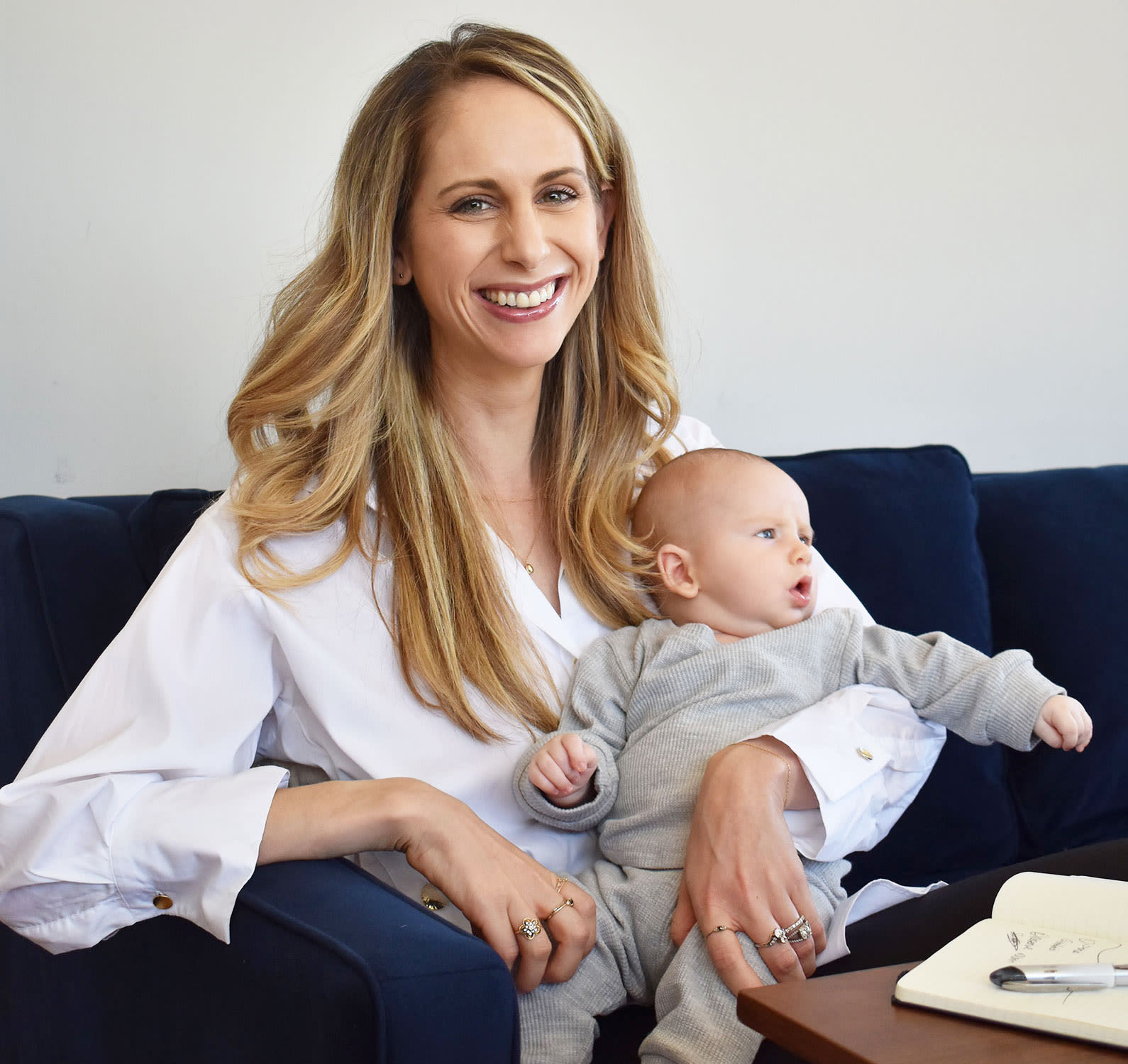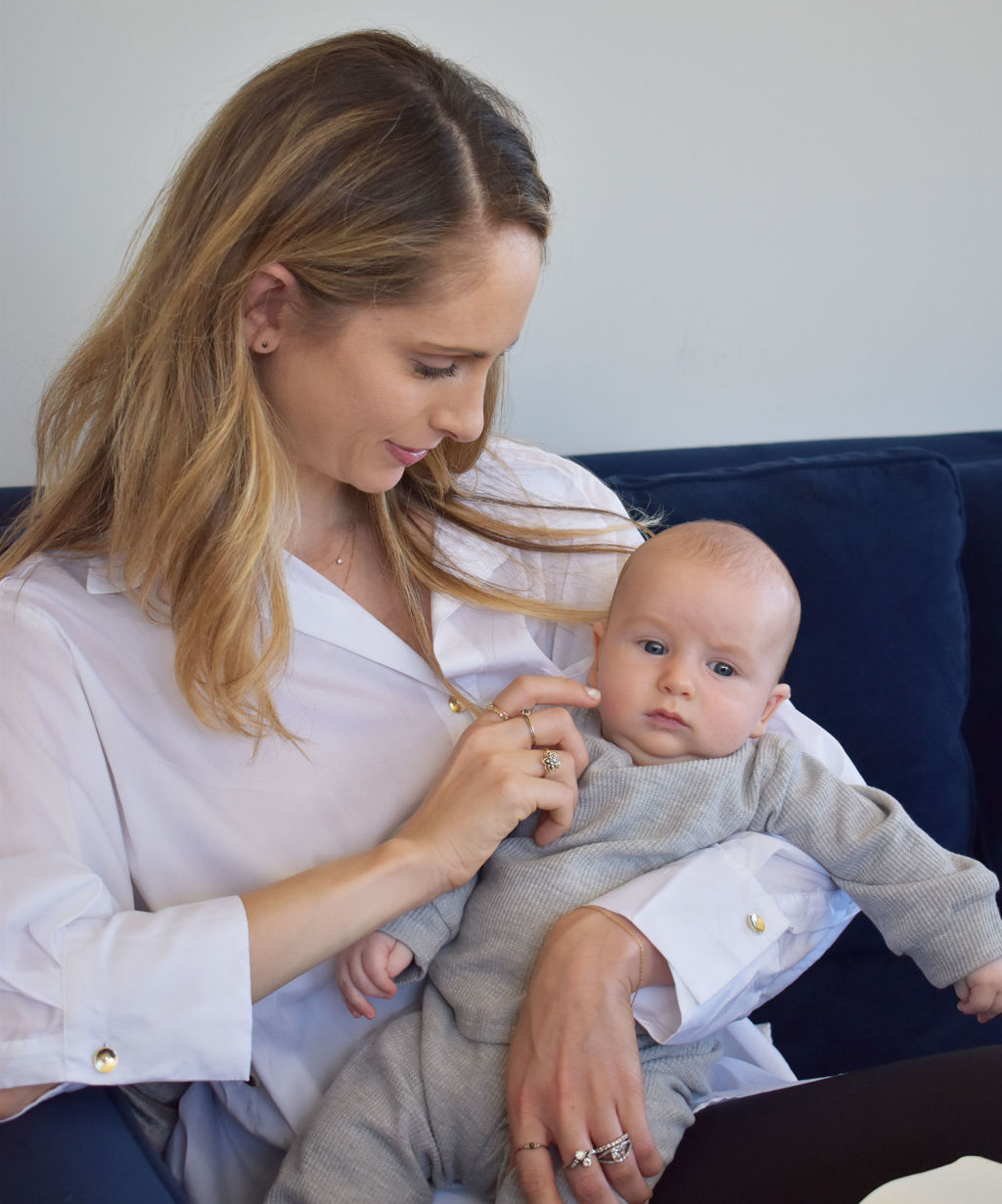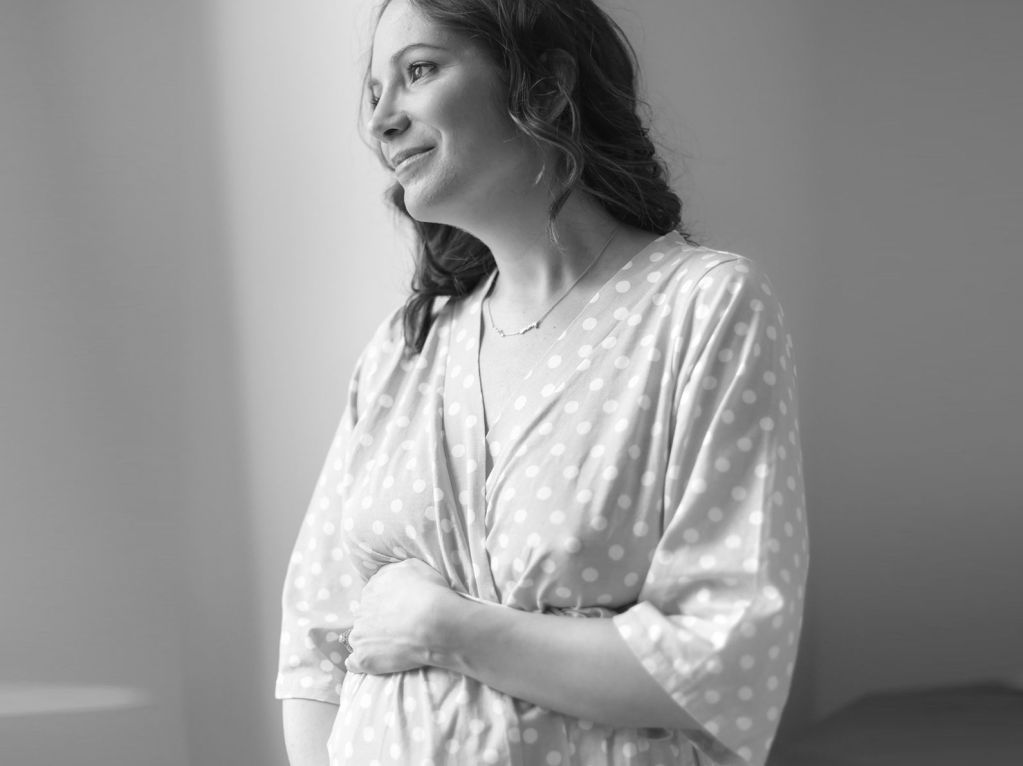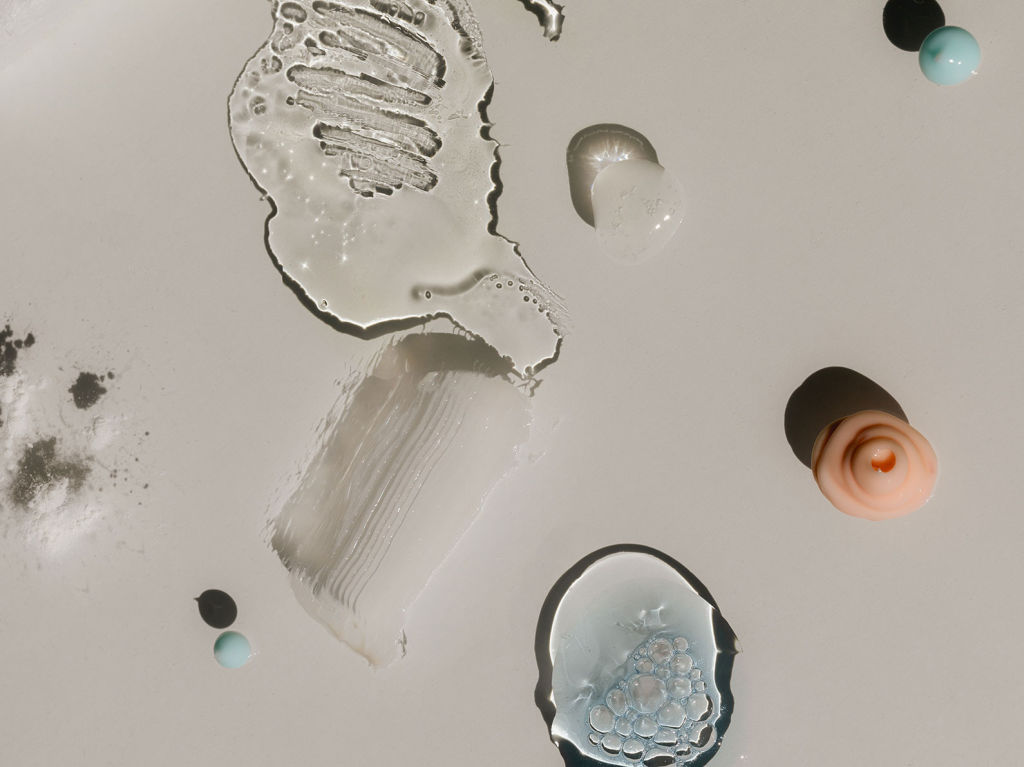With the help of Google, I diagnosed myself with contact dermatitis, which basically means something was irritating my skin. But neither Google nor a dermatologist who confirmed the diagnosis could tell me what that something was. I put my skin through an elimination diet and stopped using everything, including cleanser. I added things back in, I changed up my skin care routine, I tried using extra-moisturizing products, but nothing worked. So, I just learned to live with the flaky skin that came and went over the years.
In my early thirties, my husband and I were finally ready to start a family. I had heard rumblings that it may take time, especially coming off birth control, but I assumed that because I was otherwise healthy, things would work themselves out. I quickly learned that getting pregnant was not going to follow my well-crafted plan.
When my period didn’t return after I had my IUD removed, I thought my body needed more time to adjust. But the next thing I knew, I was being told by a reproductive endocrinologist that the only option to get pregnant soon was IVF, something that had never crossed my mind. I felt like a weight had been dropped on me.
Before my first treatment began, testing revealed that I had Hashimoto’s Disease, an autoimmune disorder and type of hypothyroidism that can cause infertility because your body doesn’t produce enough thyroid hormone. I was given a prescription and told to “take the pills and you’ll be fine,” so I didn’t think much of it.
I felt optimistic starting the IVF process. I was treating the thyroid disorder, my lab work was promising, and it seemed like only a matter of time until I would be pregnant. My first retrieval cycle was successful and we got a positive pregnancy test on the first attempt. I remember the nurse reading back my HCG value: 30. It was low, but it was above the threshold doctors like to see. We were elated.
Four days later, I was told that the pregnancy was ectopic. I was the CEO of a fashion brand and I was about to walk into a meeting when I got the call that said I had to come in immediately to get a dose of methotrexate, a chemotherapy drug, to prevent any complications. I held back tears as I cancelled the meeting and rushed to the doctor completely overwhelmed.
But that was only the beginning. When more methotrexate still didn’t resolve the ectopic pregnancy, I finally agreed to surgery to remove my right fallopian tube. I was devastated — no baby, a three-month pause in fertility while the cancer drugs worked their way out of my system, and now a concrete fertility issue.
After more transfers and more negative pregnancy tests, we implanted our last embryo and finally — success. I had a positive pregnancy test and a high and rising HCG level. My doctor gave me a due date of April 14, and I finally let myself breathe a sigh of relief.
I arrived at my 8-week ultrasound excited to hear the heartbeat. But almost immediately, I could tell something was wrong. The monitor was ominously silent, and my doctor apologized and told me this pregnancy wasn’t viable. The worst day of my life came a few days later when I sobbed uncontrollably on the operating table as doctors readied for a procedure that would clean out my uterus and hopefully give us some answers as to what went wrong. A few weeks later, the report returned and said that the embryo was genetically normal. My doctor was left speechless. She had no idea why the pregnancy hadn’t worked.
It was then that I knew I had to take matters into my own hands. Why was I just doing the same thing over and over and hoping for a different result? I sought the help of a reproductive immunologist and began to arm myself with information about the right questions to ask, the tests I should request, and the lifestyle changes that might help. I became obsessed with understanding what was going on in my body, particularly with my thyroid. It was through this research that I discovered that one of the effects of hypothyroidism is dry skin patches. I saw photos of this condition and immediately thought, “Holy shit.” That’s exactly what my skin looked like in business school. Thyroid issues had caused my skin problems, and I had no idea.
They were also the key to solving my infertility issues. I changed my diet and got on the right medication to enable my body to stop fighting itself and my pregnancies. With these treatments in place, we were finally able to conceive successfully and now are now the parents to a wonderful baby boy.
But even after solving my medical puzzle, I still felt so angry. I was frustrated by how long this journey took, how doctors always seemed to treat me like a statistic rather than look at my unique situation, and how I had to find so much of the information for myself despite having access to the best advanced care. I couldn’t help but think I might have been able to avoid some of the heartbreak had I known how to listen to what my skin was telling me years earlier.
I wondered if there was something I could do to help other women better understand their skin and its relationship to underlying health issues so that they could avoid anguish and get answers to their lingering questions. I met with a ton of doctors across all practice areas to see if regularly measuring hormones and other biofactors could help women better understand what is happening in their bodies. Medically, we know hormones affect our cycles, our moods, and definitely our skin – so why aren’t we looking at them as the source of the problem?
The result of this exploration is Veracity, a new type of skincare and self-care brand whose mission lies far beyond skin health. I want to empower more women to take their own journeys of self-discovery to find the solutions that will make their lives better and their dreams possible. I want to create a community of support and wellness that cuts through the confusing and impersonal nature of our healthcare system.
I’ve learned that if you know what you're battling, whether a minor skin problem or a larger health issue, you can fight the war. You’re even better equipped when you’re armed with the right information and a community of women at your side.







